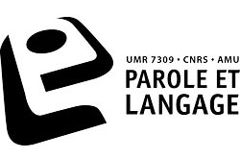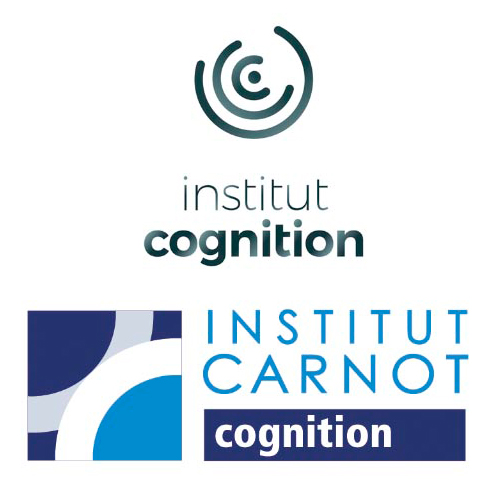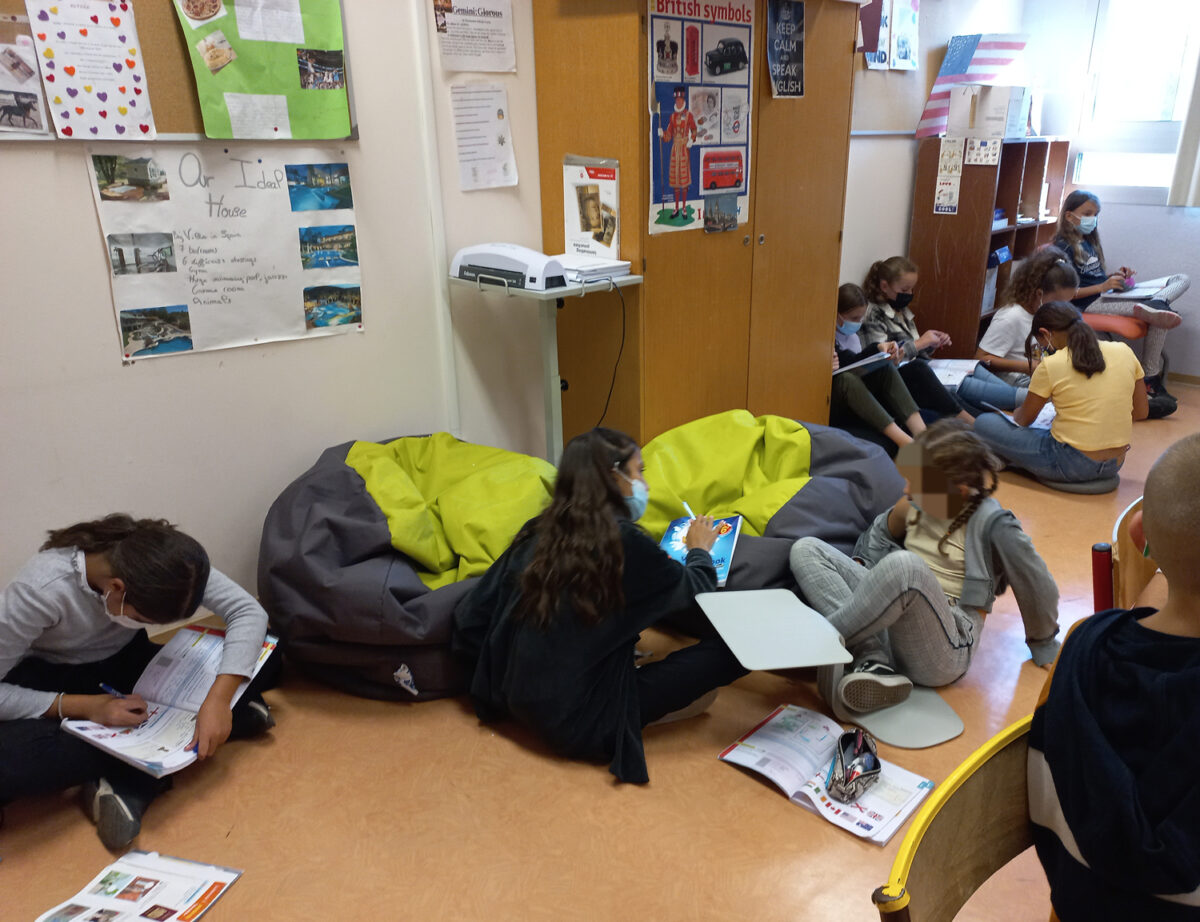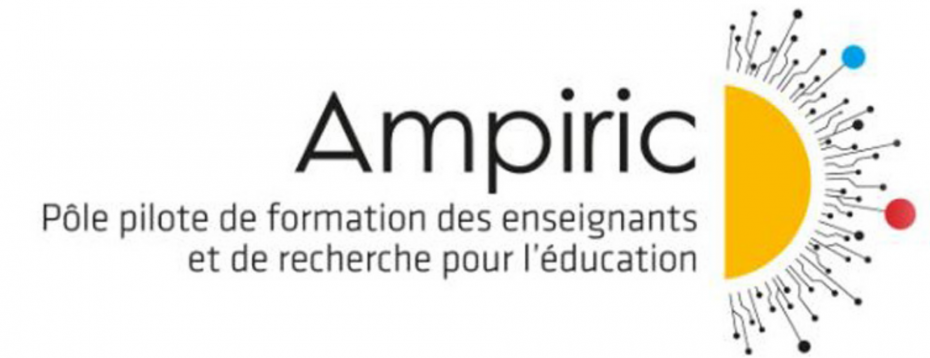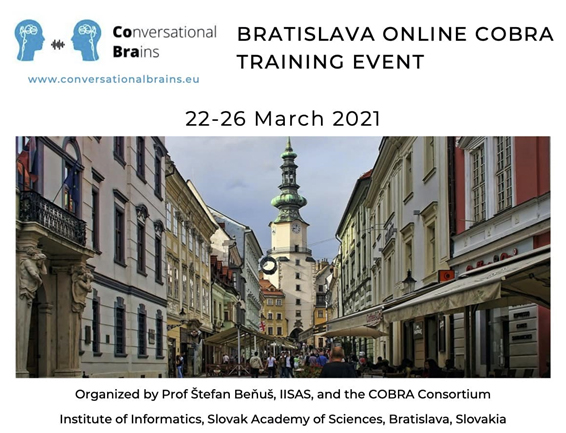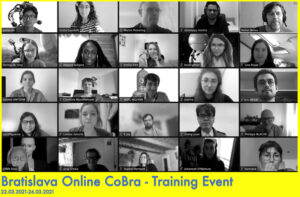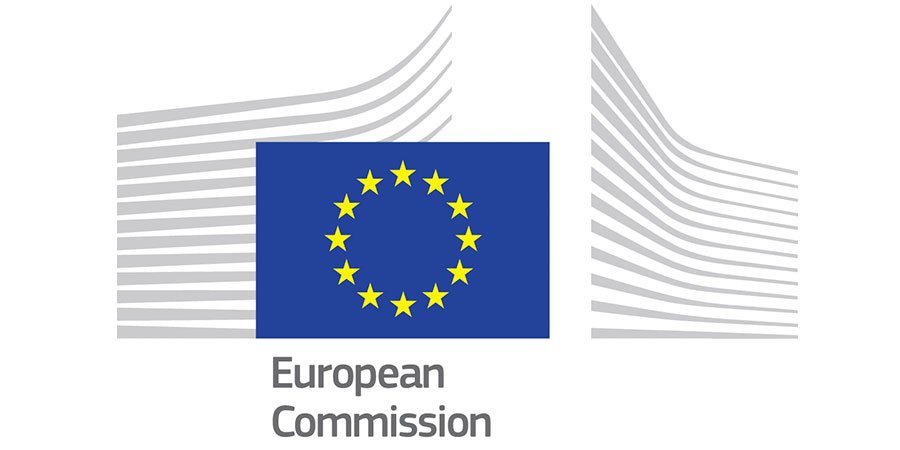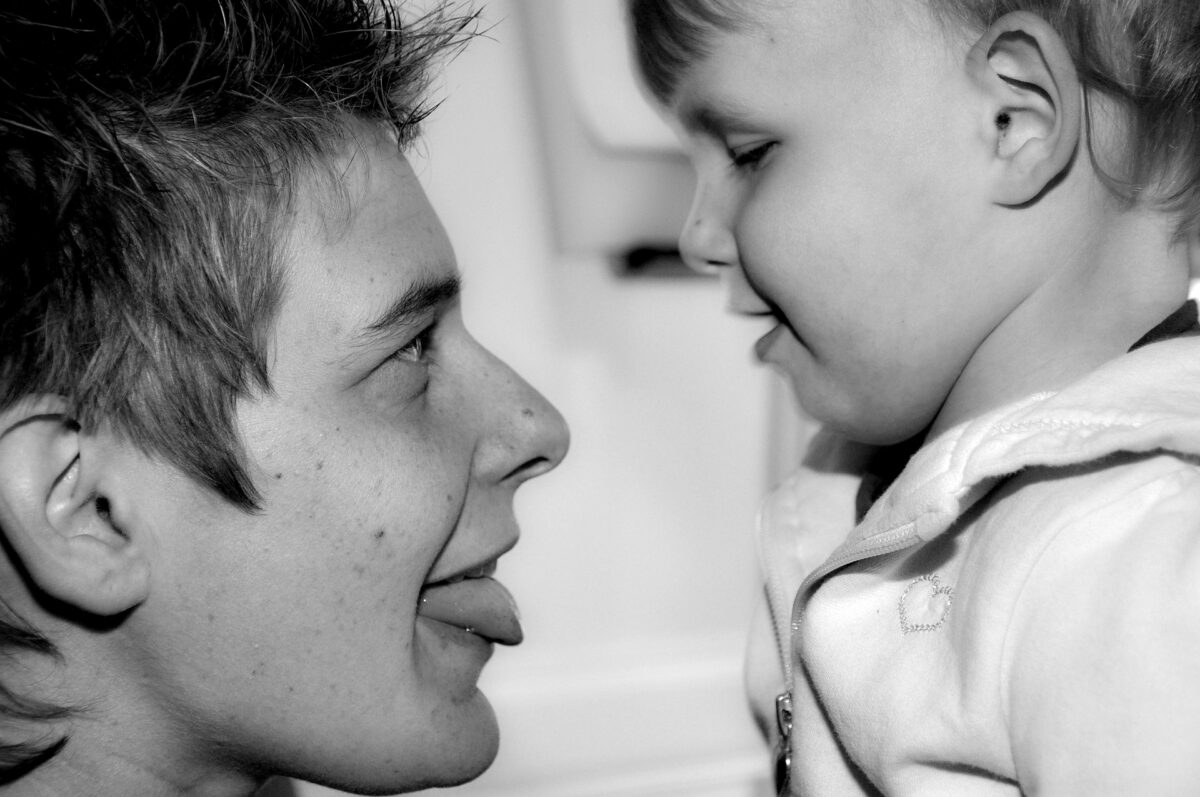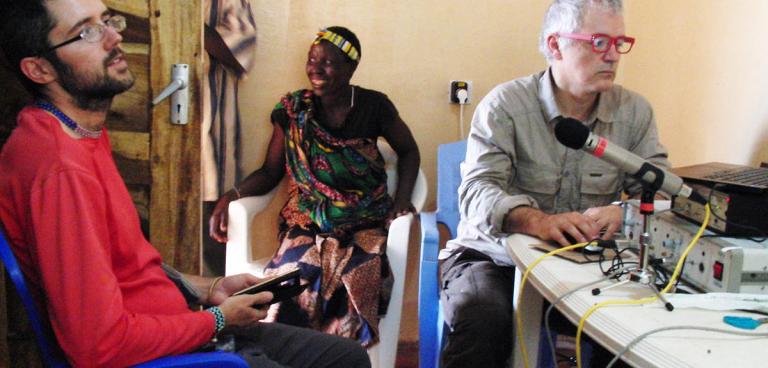
Alain Ghio (LPL), Didier Demolin (LPP) and Michael Karani (University of Dar-es-Salaam) have just obtained funding for the project “The sound systems of the languages of the Rift Valley” submitted within the framework of the CNRS 2021 call for projects “Support for Collaborations with Sub-Saharan Africa”.
It follows, among other things, the field mission carried out in Tanzania in February 2020 which aimed to record and study two languages of the north-eastern region of the country (Iraqw and Hadzabe).
In addition, Alain Ghio and Didier Demolin will be present next week at the 10th World Congress of African Linguistics (7-12 June) with three oral presentations:
A phonetic study of Iraqw ejectives consonants
Didier Demolin, Alain Ghio, Maarten Mous
10th World Congress of African Linguistics (WOCAL), 2021, Leiden, Netherlands
Labialized consonants in Iraqw
Alain Ghio, Maarten Mous, Didier Demolin
10th World Congress of African Linguistics, Leiden University, 2021, Leiden, Netherlands
Distinctive features and articulatory gestures in Hadza
Richard Griscom, Andrew Harvey, Alain Ghio, Didier Demolin
10th World Congress of African Linguistics, Leiden University, 2021, Leiden, Netherlands
